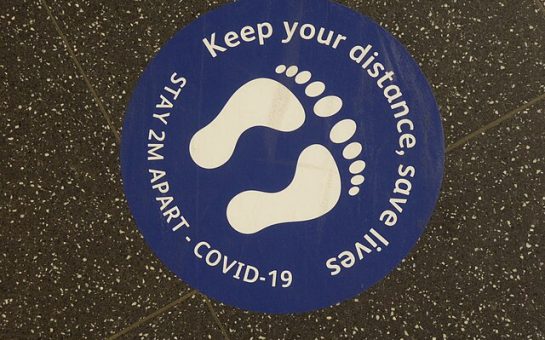For young people starting university in recent weeks, the experience has been anything but standard.
Many have been kept isolated in their student accommodation, whilst their lectures have been moved online for the foreseeable future.
The Coronavirus pandemic has effectively thrown a spanner in the works for everybody, and students are no exception.
Even for those who graduated – or were meant to graduate – this year, the pandemic has made things extremely complicated.
A NUS survey from earlier this year found that 81% of students were worried about their job prospects.
Final year students ceased face-to-face learning as lockdown came into place in March 2020.
This is difficult enough for students to adapt to, but final year students – faced with exams and dissertations – found it especially challenging.
Zoe, a German and French student living in Manchester, said that the disruption caused her great anxiety: “I found online classes extremely difficult and could only take in a very limited amount of what was taught, I lost sleep over it and I did feel like I lost out in those crucial finishing weeks.”
The anxiety and uncertainty brought forth by the pandemic and resulting lockdown doesn’t end with the challenges of online learning.
Graduates have to contend with a competitive job market, which is made doubly intimidating in the midst of a recession.
Figures from the Office for National Statistics found that around 1.5 million people are unemployed, of whom about 300,000 are aged between 16 and 24. This accounts for 60% of the drop in employment – a massively disproportionate figure.
And it could be awhile before we things return to how they were before COVID.
Zoe is anxious about the prospect of job-hunting: “When you hear stories about 2,000 people applying for one receptionist job, it really puts into perspective how few job openings there at the minute.”
Other graduates are feeling a little more optimistic about their prospects.
Lewis, who studied Psychology, said: “I’ve been fortunate to bag myself a job during the pandemic, in an area of interest.
“However, it doesn’t come without the concern that the company may lay me off due to COVID at any moment.
“I feel like the government should be ensuring graduates have easy access to online skills workshops, as well as working with councils to advertise/create as many graduate jobs as possible.”
Helena, a History graduate from Manchester Metropolitan University, also lamented the economic insecurity that has been thrust upon graduates: “The general state of the economy has hindered my ability to work at my minimum wage job, as hours are reduced and customers are few and far between.
“Having to balance finding a career with work has been a struggle, but hopefully it’s a struggle that will pay off in the end.”
Graduates are certainly not unique for being a little confused about the new normal we’re living through, but when this is essentially their first taste of ‘adult life’, it is understandably disorienting.



